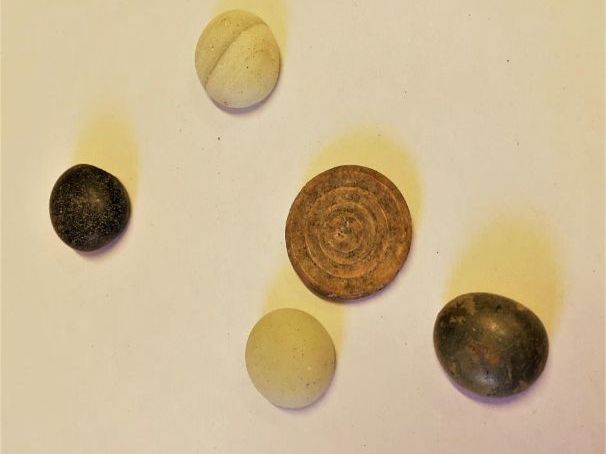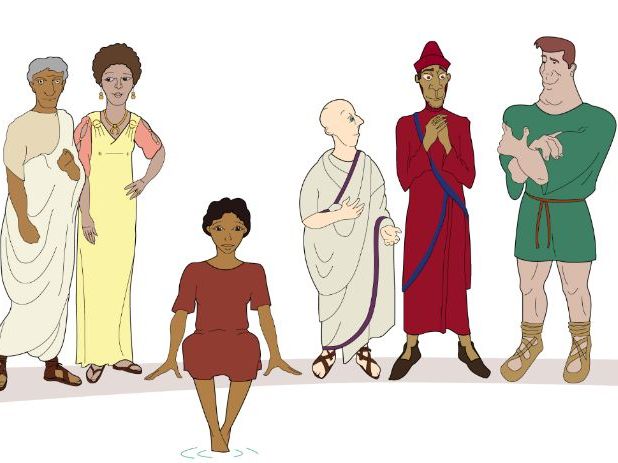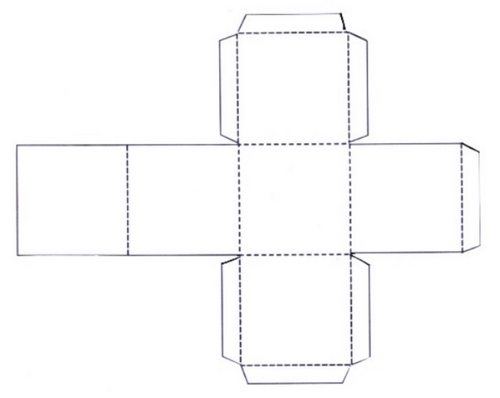TheRomanBaths's Shop
The Roman Baths, consists of the remarkably preserved remains of one of the greatest religious spas of the ancient world. The city’s unique thermal springs rise in the site and the Baths still flow with natural hot water. Visitors can explore the Roman Baths, walk on the original Roman pavements and see the ruins of the Temple of Sulis Minerva. The museum collection, located next to the bathing complex, includes a gilt bronze head of the Goddess Sulis Minerva, and other Roman artefacts.






